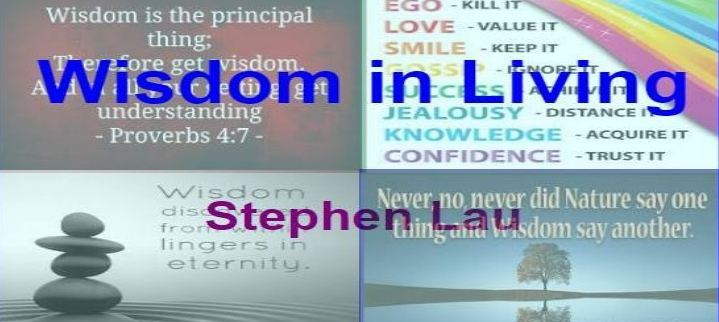The high incidence of cancer has continued to increase at an alarming rate, especially in the last century. But the disease is as old as age.
Indeed, any people who are apparently living a healthy lifestyle (that is, not smoking and drinking, exercising regularly, and eating healthy) are being diagnosed with cancer. Cancer has become the disease of the century despite all the medical efforts to fight the disease.
There are many reasons why and how you may get cancer. That is to say, in many ways you are responsible for it. Lack of medical knowledge is one the many reasons. Some knowledge of cancer may help you avoid the deadly disease.
First of all, cancer is not a mysterious disease. If someone does not smoke, how does he or she get lung cancer? The myth of the mysterious affliction is mainly due to the holistic nature of the disease; that is to say, cancer has multiple causes, resulting in internal disharmony that provides an optimal environment for the pre-existing cancerous cells to thrive, grow, and become malignant. Worse, the conventional methods of cancer cure are often compartmentalized, that is, focusing exclusively on the cancerous organ or tissue. To illustrate, for decades, the medical community had ignored the role of diet in cancer. Accordingly, any cancer approach, whether it is prevention or treatment, must be holistic because cancer is a multifaceted disease. As such, in many ways you are responsible for it.
It is a common assumption that cancer is genetically inherited. This assumption has led many people to exonerate themselves from their role in cancer diagnosis. Some scientists have contested with the assumption that cancer is mainly due to family history, that is, genetically predisposed to cancer. In the middle of the 20th century, about one in 20 American women had breast cancers; now the the incidence of breast cancers has skyrocketed to one in ten. This drastic and dramatic increase does little to justify the genetic cancer theory.
If cancer is not a genetically predisposed disease, then there must be many other factors contributing to the disease; or, rather, many triggers in modern life that are responsible for the rampancy of cancer. In other words, you may be responsible for the disease. Understanding how and why you may get cancer may help you avoid the deadly disease.
To illustrate, given that cancer may involve genes, that is, certain genes may promote, while others may inhibit, the growth of cancer, the human role is also a contributing factor that may trigger the disease. According to some medical research, calcium deficiency may be culprit. The explanation is that calcium deficiency enables carcinogens to penetrate cell walls, and thus causing mutations of genes within those cells. If you do not consume a calcium-rich diet, are you not in some way responsible for the disease?
Modern diet has become more processed and unnatural, depleting the body of nutrients, and thereby compromising the immune system. What you can do is to eat natural foods, as well as to avoid overcooking them because heat destroys enzymes in foods (eating raw occasionally is the way to go). On the other hand, eating processed and dead foods and overcooking them are some of the ways you may get cancer.
The environment, its toxins from fluoride, herbicides, pesticides, mercury, and industrial wastes, is another factor contributing to cancer growth. You may not be in a position to control the environment, but you are in a position to go organic, to drink clean water, and to remove mercury fillings from your teeth, among others. Most importantly, you can detox your body to remove harmful chemicals.
 Metal detoxification is a must for protect your health from toxic metals from the environment, the processed foods, and your drinking water.
Metal detoxification is a must for protect your health from toxic metals from the environment, the processed foods, and your drinking water.
Stress is yet another major factor in causing disharmony within the body, and the underlying cause of cancer. It must be mentioned that cancer diagnosis, cancer treatments, and cancer recovery journey--only further aggravate the stress in life. Again, you can control and manage your stress through mind power to change perceptions, effective time management, natural sleep, and meditation for relaxation.
Start Zen: Meditation holds the key to total relaxation of the body and mind.
The bottom line: Help your mind help your cancer through empowerment of knowledge and information about cancer, which is, after all, a multifaceted disease.
Stephen Lau
Copyright © 2018 by Stephen Lau



No comments:
Post a Comment